Recent Developments in the Ukraine-Russia Conflict: Military Engagements and International Responses
Ukraine’s military repels drone attacks from Russia targeting Kyiv, while diplomatic discussions evolve at the UN regarding international responses to the conflict. Ukrainian forces have successfully struck Russian arms depots, and there are ongoing concerns about military mobilization and geopolitical stability, particularly influenced by the upcoming US presidential election. President Zelenskyy has ordered a reevaluation of Ukraine’s government to better face wartime challenges.
In recent developments, Ukraine’s military reported that Russia has conducted multiple drone attacks targeting the capital city of Kyiv. Ukrainian air defense units were engaged for several hours in an effort to repel these strikes. Concurrently, Ukrainian President Volodymyr Zelenskyy has raised concerns at the United Nations regarding Russia’s threats to nuclear power plants and the implications for the coming winter. There is renewed optimism regarding the potential acquisition of older Australian Abrams tanks for Ukraine, with Ukrainian Ambassador Vasyl Myroshnychenko affirming that such equipment would be utilized effectively. Globally, leaders gathered at the UN are focusing on rising tensions in the Middle East and a range of conflicts requiring attention, including the ongoing situation in Ukraine. In another significant military development, Ukraine successfully struck a second Russian arms depot within a week, resulting in a massive explosion detected by satellites. Ukrainian drone strikes targeting various military depots in Russia reportedly destroyed a substantial quantity of arms—estimated at over 2,000 tons. The geopolitical landscape continues to evolve, as European leaders express concerns about the upcoming U.S. presidential election and its potential impact on American support for Ukraine. Analysts are wary that a second term for former President Donald Trump may alter the current dynamics of NATO and Western backing for Ukraine. Other developments include increased military mobilization in Russia, wherein President Vladimir Putin has directed the augmentation of military personnel by 180,000, raising the total to 1.5 million as the confrontation enters its third year. In Kharkiv, a recent Russian attack resulted in casualties, further aggravating the humanitarian crisis. An exchange of prisoners of war, facilitated by the United Arab Emirates, underscores ongoing diplomatic efforts amidst the conflict. As Ukraine strives for enhanced military capabilities, discussions regarding the use of Storm Shadow missiles and NATO’s defense strategies in response to Russian drones are gaining traction. President Zelenskyy has initiated a significant governmental overhaul to better address wartime challenges, while reports of Russian military activity in Donetsk indicate a continued push to secure territorial gains.
The ongoing conflict between Ukraine and Russia, which has now persisted for more than two years, has involved numerous military engagements and significant international ramifications. Tensions have escalated sharply in recent weeks, with both sides undertaking aggressive military strategies. Ukraine has focused on defending its sovereignty while seeking international support for military assistance, whereas Russia has ramped up its offensive campaigns and military mobilization. The war has resulted in widespread humanitarian crises, notably affecting children and displaced populations. As global leaders convene to address multifaceted crises, including this conflict, the implications extend beyond regional stability to concern international diplomatic relations and security frameworks.
As military engagements escalate, the situation in Ukraine remains critical. The dynamics between military strategy, international support, and diplomatic negotiations will be pivotal in shaping the future course of this conflict. The need for comprehensive strategies addressing both humanitarian impacts and military readiness has never been more urgent as Ukraine counters Russian aggressions while navigating a complex network of international relations.
Original Source: www.abc.net.au
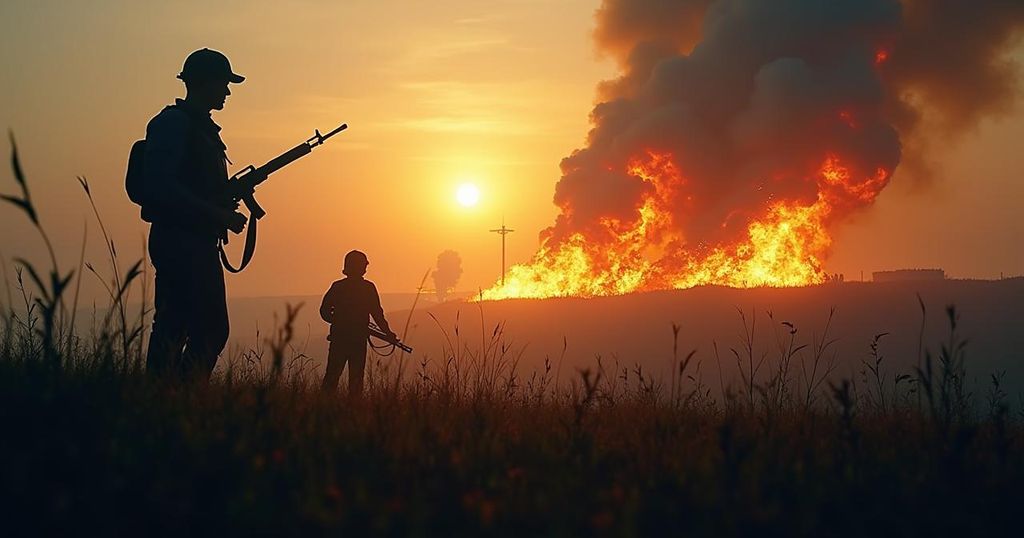
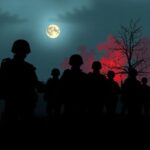


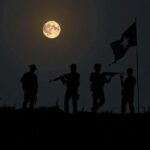

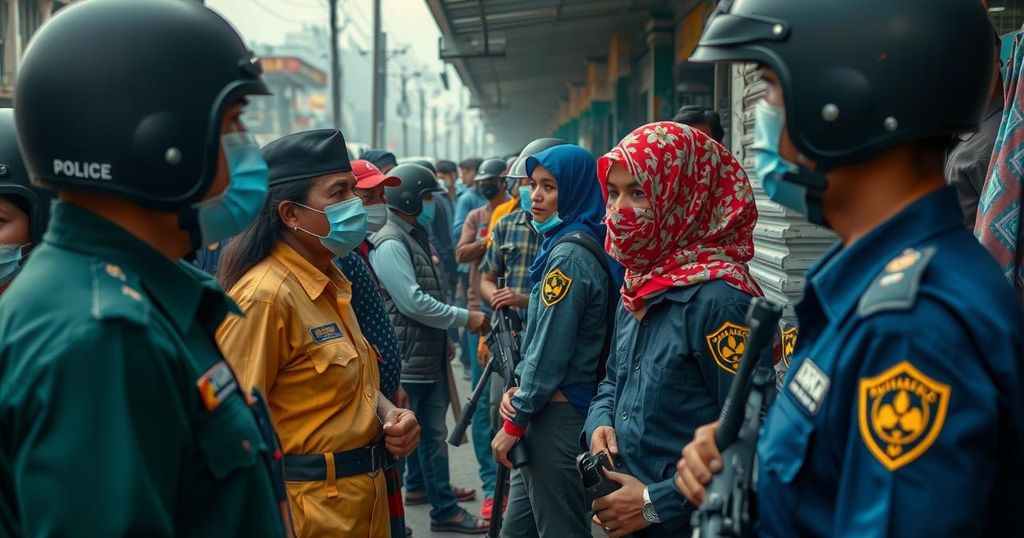
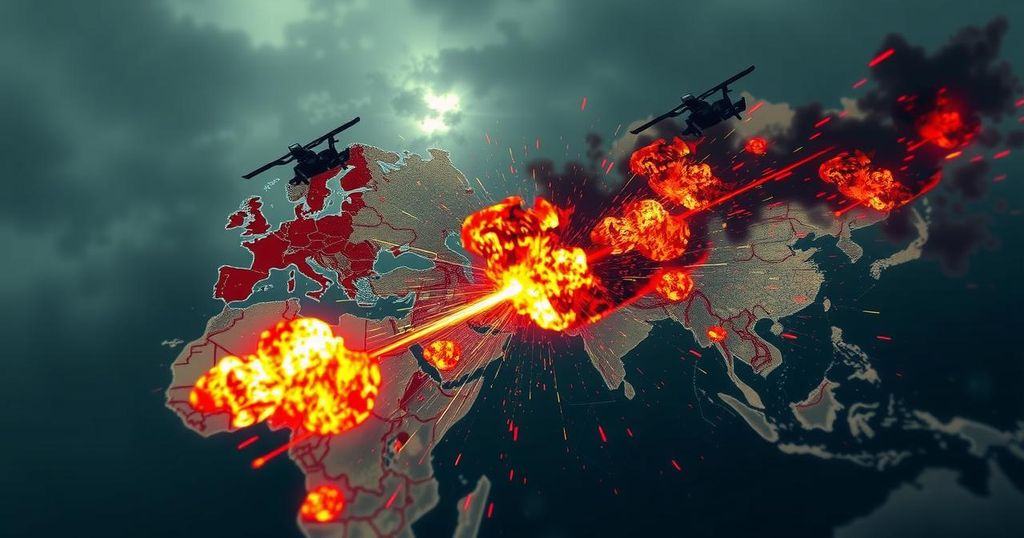
Post Comment